Our 2019 In Books: Jessica Armstrong
As 2019 comes to an end, we consider the reading that defined each of our years. In this piece, Jessica Armstrong looks back at the novels that carried her through the end of her English degree and into her first year post-graduation.
All photos by Jessica Armstrong.
My reading habits in 2019 can quite effectively be summarised into two distinct halves; reading for a degree, and reading out of choice. The beginning of January brought with it a sizeable feat of three hefty novels to read each week, across two semester-long modules. Five months later, I came away with some new firm favourites – but also with an undeniable ‘literary hangover’.
As I started a new job in July, I found that the time I had to read – though limited in one way – was much more flexible and diverse in another. I went through a period of commuting before relocating closer to work, and during that time, I absolutely loved being able to get lost in a book, blissfully unaware of the rush hour pandemonium ensuing around me.
Yet, on the other hand, the lack of structure I had around my reading really threw me. For the first time in as long as I can remember, what I chose to read was entirely up to me – something I actually found quite overwhelming. If you’ve ever had the unsettling realisation that it will never be physically possible to read all of the books you want, that is precisely what I felt paralysed by.
In order to get my reading back on track, I started a book club with a friend – a space for like-minded readers to read a book each month, and then to come together and discuss it. This certainly provided me with a lot of motivation to reconsider what, who, and why I was reading, and this is an attitude I hope to bring into 2020, too.
The perfect post-graduation read:
Starter For Ten by David Nicholls: I absolutely adored this book. Recommended to me by a friend, it turned out to be the perfect post-graduation read, as it brought back the nostalgia and apprehension which comes with starting university. It follows working-class student, Brian Jackson, as he attempts to navigate his way through the student life, making many blunders along the way. Nicholls’ characterisation really stood out to me, as Brian made for an extremely relatable protagonist. It made me laugh and cringe in equal measure, and for that reason, it is one of my favourite reads of the year.
The book that gave me a favourite novelist for life:
Olive, Again by Elizabeth Strout: I discovered Elizabeth Strout quite by chance earlier this year, when I purchased a copy of My Name is Lucy Barton among the bookshelves in a second-hand bookshop. One book read to another, and then another. In Strout, I reckon I have found a favourite novelist for life. Olive, Again was an eagerly anticipated release, the sequel to Olive Kitteridge.
The novel’s eponymous protagonist is a true wonder of a woman; staunch, stubborn, but inherently loveable. Olive wreaks havoc wherever she goes, and manages to cause friction with whoever she meets, but it's all part of the charm. Structured through a number of short stories which have a connection with Olive as a common thread, Strout pulls together breathtaking descriptions of humanity, the seemingly everyday, and rural Maine to create a literary masterpiece I really didn’t want to have an ending.
The final book of my degree:
Their Eyes Were Watching God by Zora Neale Hurston: The final book of my degree, and an amazing one, too. Hurston’s novel explores the pressures of marriage, family, and expectations of femininity by tracing the life of Janie, an African-American woman in search of an identity apart from that experienced by her ancestors. Through symbolism, allegory, and evocative natural imagery, Hurston skilfully explores important questions of race, womanhood, and justice.
The most important book I read this year:
Lowborn by Kerry Hudson: I was really struck by the truth within this book. Kerry Hudson’s first non-fiction work is an exploration of both her upbringing on the poverty line and the prevalence of poverty in Britain today. It operates on a kind of dual structure; while she reflects on the circumstances which led to her movement out of the poverty she faced as a child, she re-visits the same towns she grew up in – as an adult.
The book is a really important read in regard to the reality of the poverty which remains in many parts of Britain, and suggests some practical and informed ways in which we can try to help. In a lot of ways, this was an uncomfortable read – but that is all the more reason for picking it up in the New Year.
The most innovative books of my year:
Autumn and Winter by Ali Smith: These are the most innovative fiction books I have read this year. Before discovering Ali Smith, I shied away from modernism on principle as I found it convoluted and frustrated. However, the first two reads in Smith’s seasonal quartet have really challenged my prejudices.
Autumn is deemed the first post-Brexit novel, and those nuances are unavoidable. Both books are beautifully written, sophisticated, and imaginative – but I particularly love how effectively Smith fuses the everyday and the political in a way which forces the reader to confront them repeatedly, through the recurring motif of seasonal transition. In a year where politics has been wearying to say the least, Smith has managed to create a relevant narrative which encourages us to see possibility for hope in spite of the pessimism.
The book that made me really understand that politicians are only human too:
Why We Get the Wrong Politicians by Isabel Hardman: for its slightly leading title, this is an informed and balanced study of what it means to be – and to become – a politician (more specifically, a Member of Parliament) in modern Britain. While I think it is easy for us to aim our frustrations about the political environment we live in at our elected representatives, Hardman’s study delves into the challenges, pressures, and dangers they face on an almost daily basis.
As well as exposing the tendency of the system to favour the entitled and privileged, Hardman’s also helps us to understand that our politicians are only human, too.
The book I couldn’t stomach:
Supper Club by Lara Williams: when it comes to books, I am generally a completer. I hate to leave books unfinished, but Supper Club was one I couldn’t (pardon the too- on-the-nose reference here) stomach. Centred around a group of thirty-something women who decide to confront their issues through eating in excess. While I can appreciate the importance of Williams’ message, this book was very much not for me – its visceral descriptions of excessive eating made feel physically ill and unable to read on.
All in all, 2019 has been a year for exploring new literary territory – and realising that there is a lot of joy to be found in reading the books you genuinely want to, rather than those you read just because you think you should.
A self described student for life, Jessica Armstrong left one university for another, and now works in Belfast. When she isn't trying to reduce her caffeine intake or levels of sarcasm, she can probably be found trying to get through as many Victorian tomes as possible.






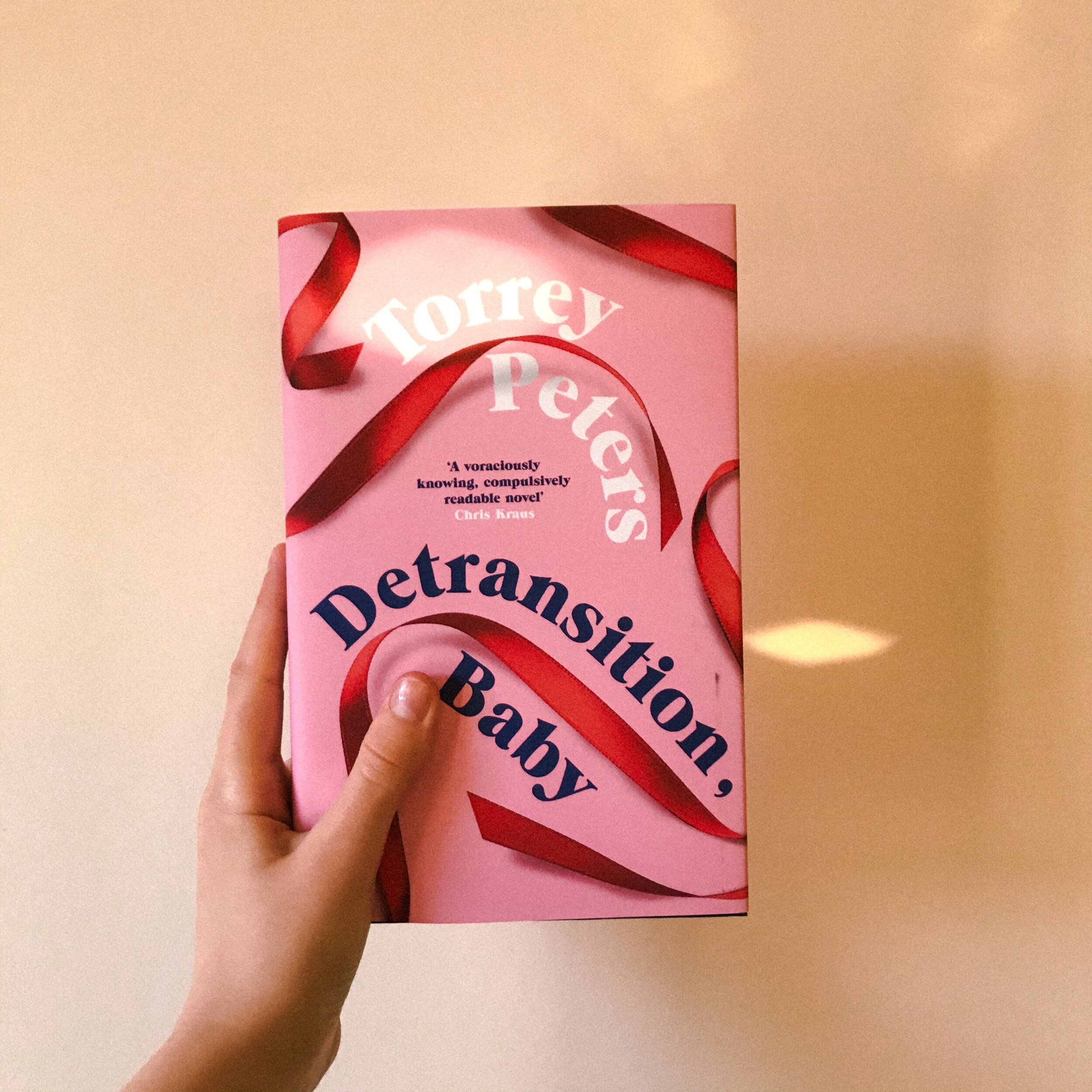
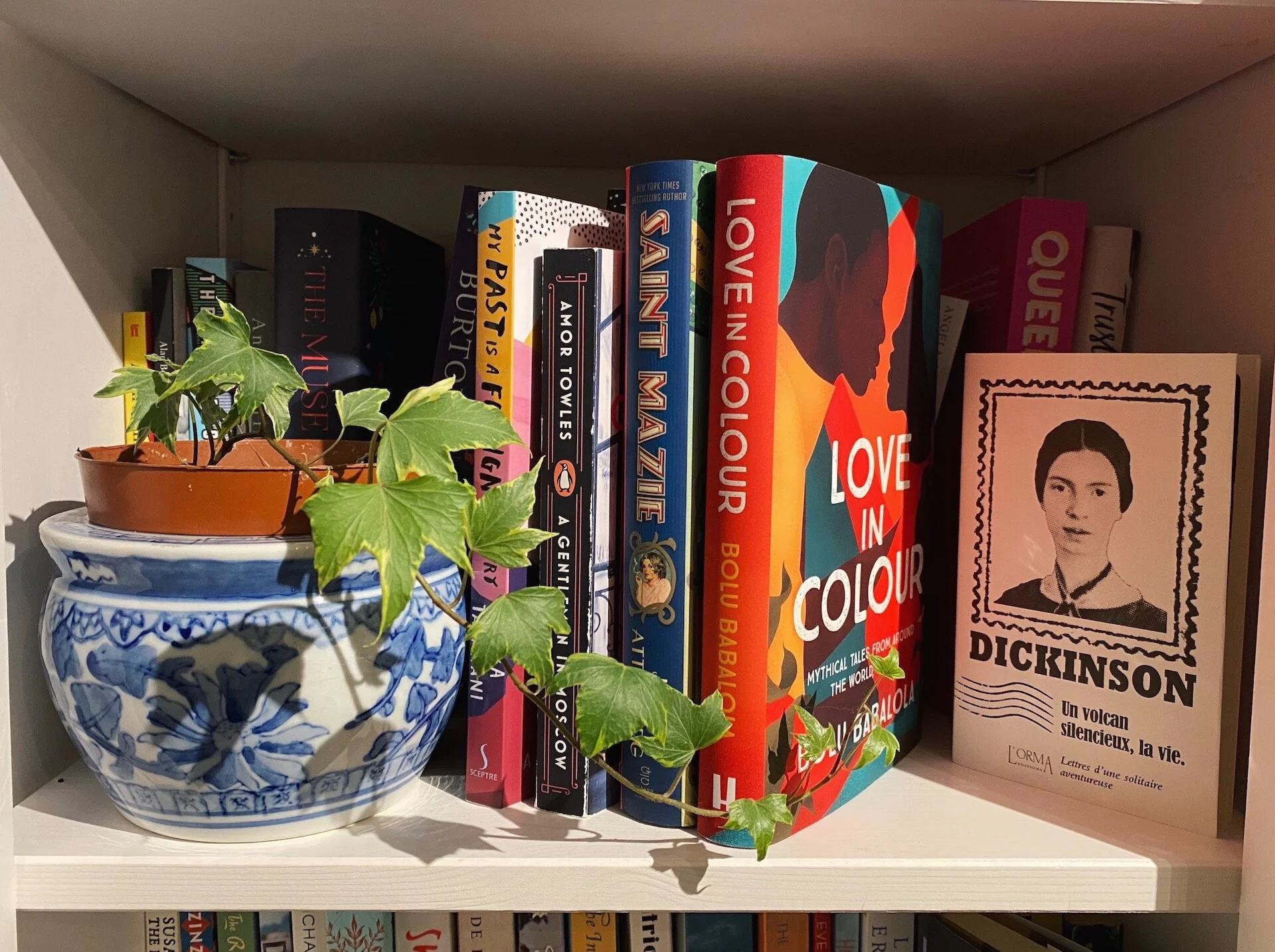
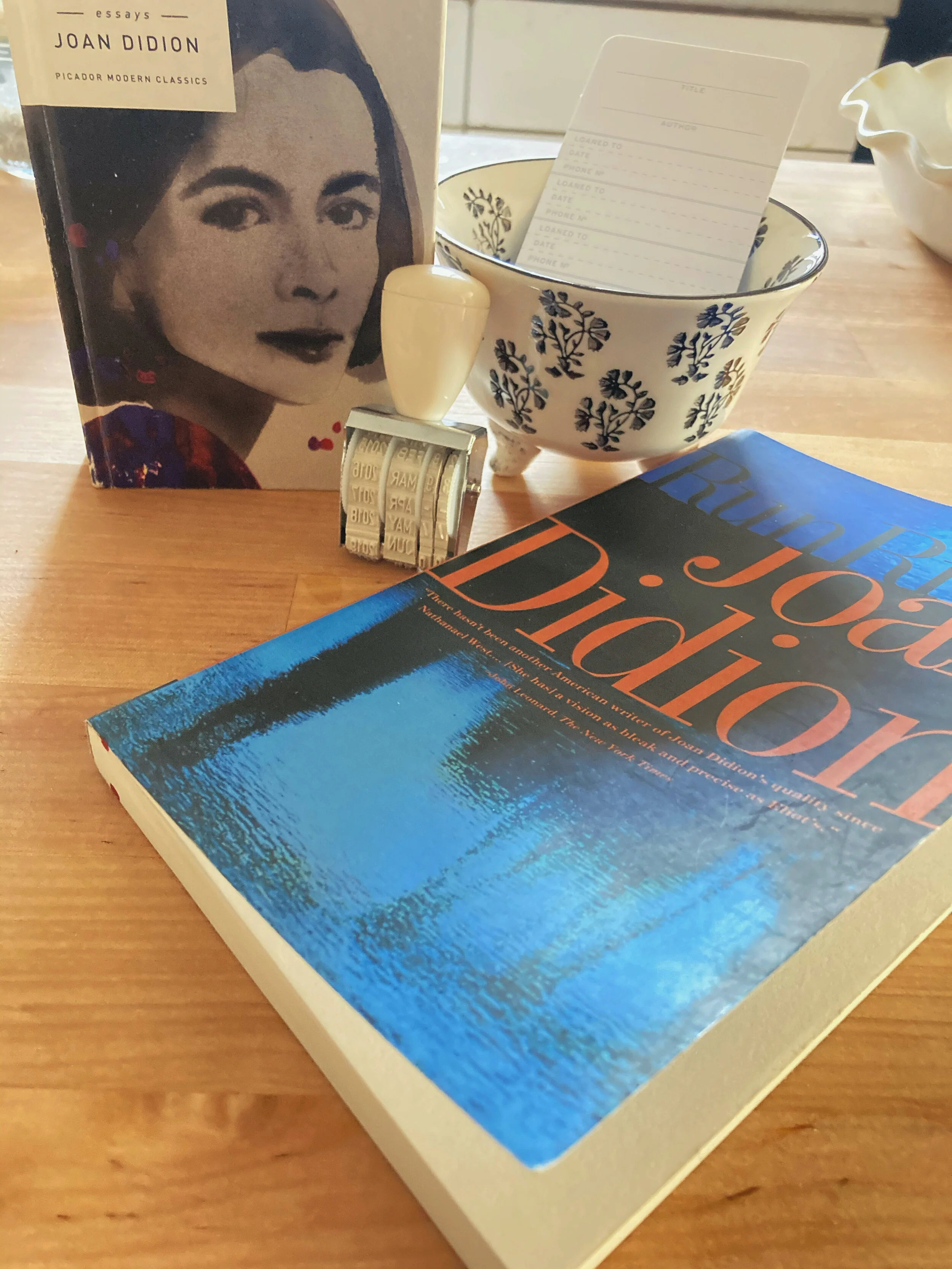
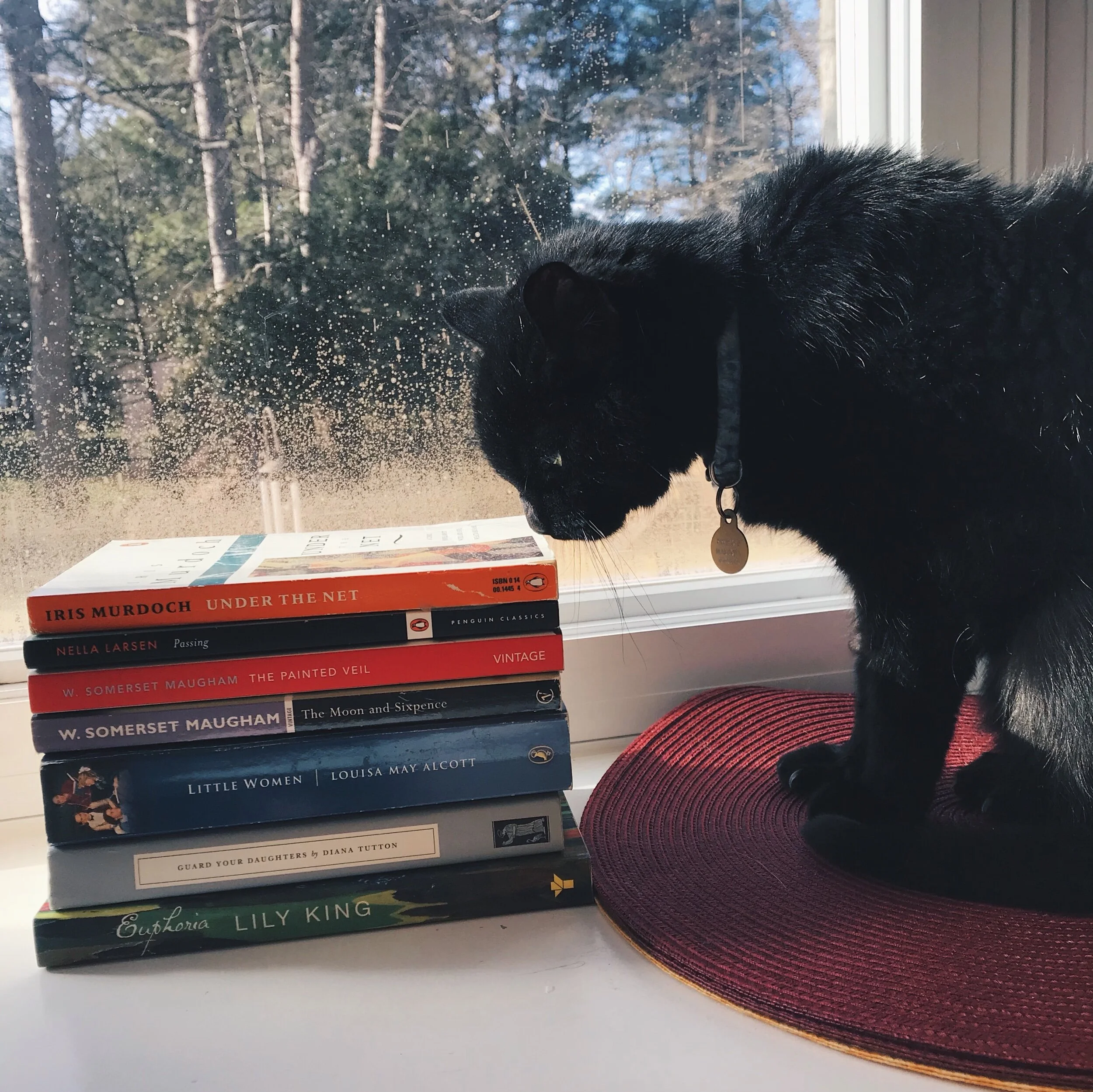


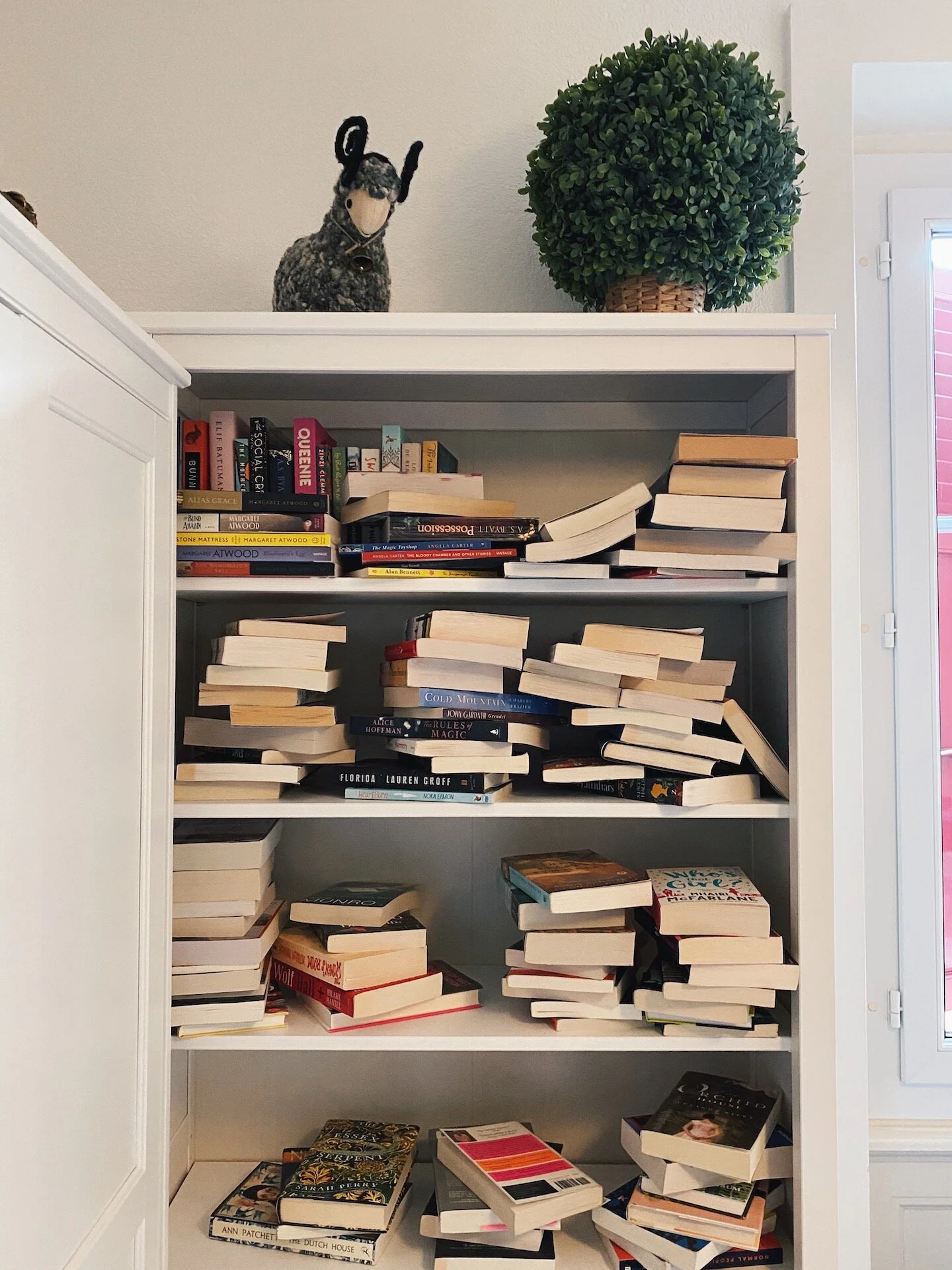
Reading Naoise Dolan’s Exciting Times and Katie Kitamura’s Intimacies, Rachel Tay explores the unease of moving away from one’s own country and language.